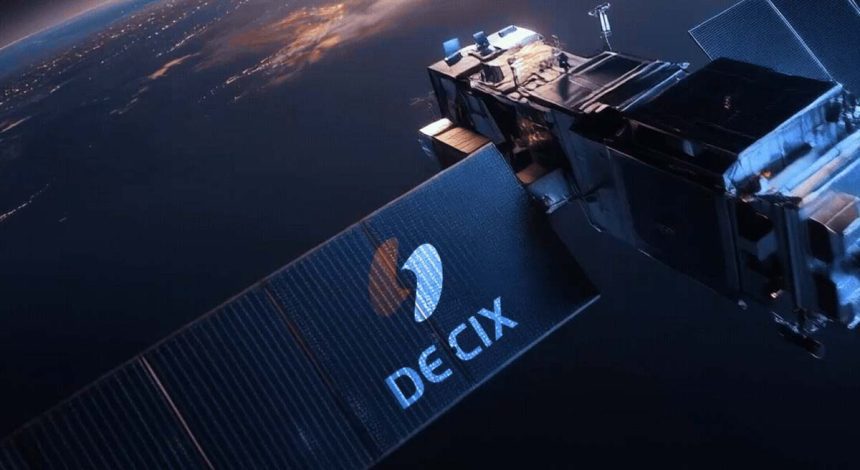Brazil is a country of continental dimensions, where digital infrastructure faces sharp contrasts: major urban centers enjoy ultra-fast internet access, while vast remote areas still rely on satellite connections. In this context, Space-IX, a project by German operator DE-CIX to create the first Internet Exchange in orbit, could be a game changer.
The initiative aims to integrate low-Earth-orbit (LEO) satellites with terrestrial exchange points, building an orbital interconnection infrastructure capable of offering reduced latency (20–50 ms) and scalable broadband capacity. The goal is to allow satellite operators, cloud providers, and digital platforms to exchange data directly in space, without depending on longer, congested terrestrial routes.
According to Darwin da Costa, DE-CIX’s Business Development Manager for Southern Europe, Africa and Latin America, Brazil’s reliance on satellite connectivity makes it an ideal candidate to benefit from Space-IX.
“By integrating LEO satellite networks with terrestrial IXs, Space-IX can improve both speed and broadband expansion in underserved regions. This means easier access to a variety of digital tools, such as educational and healthcare platforms,” explains da Costa.
Strengthening mobile networks and resilience
Darwin da Costa also highlights that the project could strengthen Brazil’s mobile networks through satellite backhaul, the segment that connects access systems to the core network. It could also support edge computing for local industries and enhance resilience in disaster recovery scenarios.
Expected impact
Sectors such as logistics, defense, agriculture, and mobility, especially those operating in remote or mobile environments, are expected to be among the first to benefit from this space-based technology. “Space-IX will enable real-time data exchange for autonomous systems, remote sensing, and distributed operations,” emphasizes da Costa.
In Brazil, the impact could be even more significant in strategic areas, including environmental monitoring in the Amazon, supply chain management in hard-to-reach regions, and smart city projects in remote territories.







